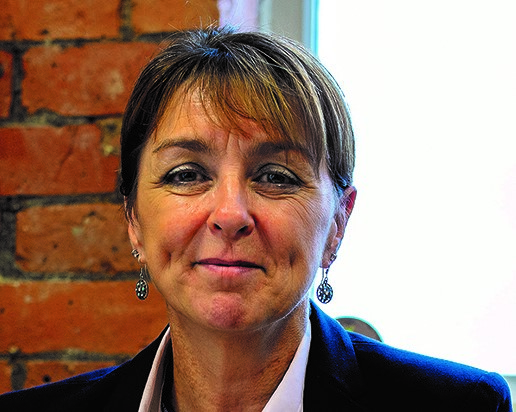

Debbie Sutch, director, Fearless Leadership, explains how you can become a resilient leader who can be fearless in their decisions
For most of you, this past 18 months has probably been the most challenging of your careers to date. Your workload will have grown immeasurably, and the demands placed upon you will have increased and intensified throughout the global pandemic. The job of dealing with the pandemic in schools has disproportionally landed on the desks of business managers. I am guessing most business managers will recognise this to be the case and I am also guessing that many of you will have been afraid, at some point, of making a mistake or missing something important.
Unfortunately, when we are afraid, the older (reptilian) part of our brain can cause the ‘fight, flight or freeze’ response. You may recognise this response. Have you ever had that sick feeling in your stomach? This would have been at a time when you felt anxious, possibly about a decision you have had to make, or a task you have performed that didn’t particularly go the way you wanted. That sick feeling is real and is caused by a release of cortisol from your adrenal gland. This release can cause heightened levels of breathing, increased heart rate, and a rise in blood pressure. Unfortunately, it also impairs cognitive ability. This may not seem important, but when this happens, we are prone to making mistakes, getting things wrong, or simply freezing, rendering us unable to make that all-important decision.
The pandemic has probably left many of you in a state of quandary on many an occasion and maybe some of you are even wondering what the role of a business manager looks like now. It is certainly very different than it was pre-pandemic. Many business managers have said they felt isolated and alone in the decision-making process and this has left them feeling anxious, not just about the decisions they made, but about their role and where they see themselves long term. We need to look at ways in which we can ‘bounce back’ and look forward with an optimistic view of the future and of the profession of business management. This is where having a good boss, one who recognises fear, can make all the difference.
A good boss knows how to reduce fear and raise capacity. They will be resilient, they will build resilience amongst their team and their colleagues, and they will more than likely be optimistic. There is a lot of research to suggest that optimistic people handle stress much better than those who are pessimistic; they use a range of strategies to combat and solve problems; are much more able to offset the effects of negative emotions and are creative when it comes to problem solving. By interpreting negative events, such as the pandemic, as temporary and limited, optimists deal with them creatively. There are many strategies business managers can apply when faced with huge decisions or tasks and practicing some of these skills is key to overcoming fear, reducing anxiety and, quite simply, ‘getting the job done’.
Business managers are resilient, and I have every confidence that whatever the next term throws at you, you will overcome each obstacle, but by thinking a little more creatively, by being that little bit more optimistic and by applying a range of ‘fearless’ strategies, you will not only survive the term, but will come out at the other end smiling.




Be the first to comment